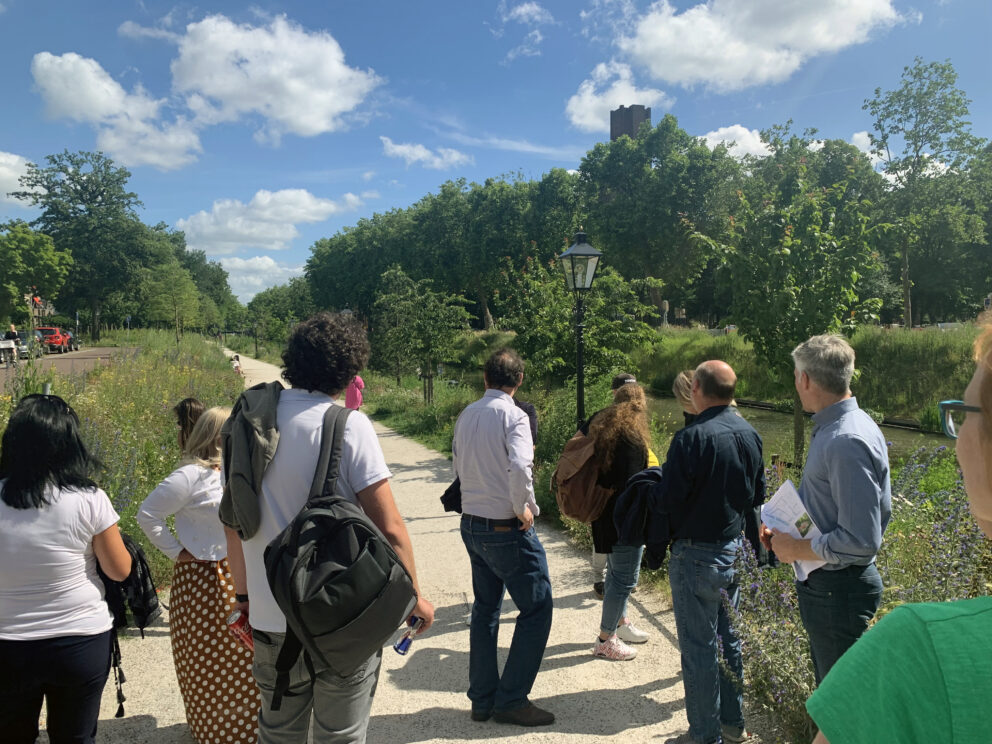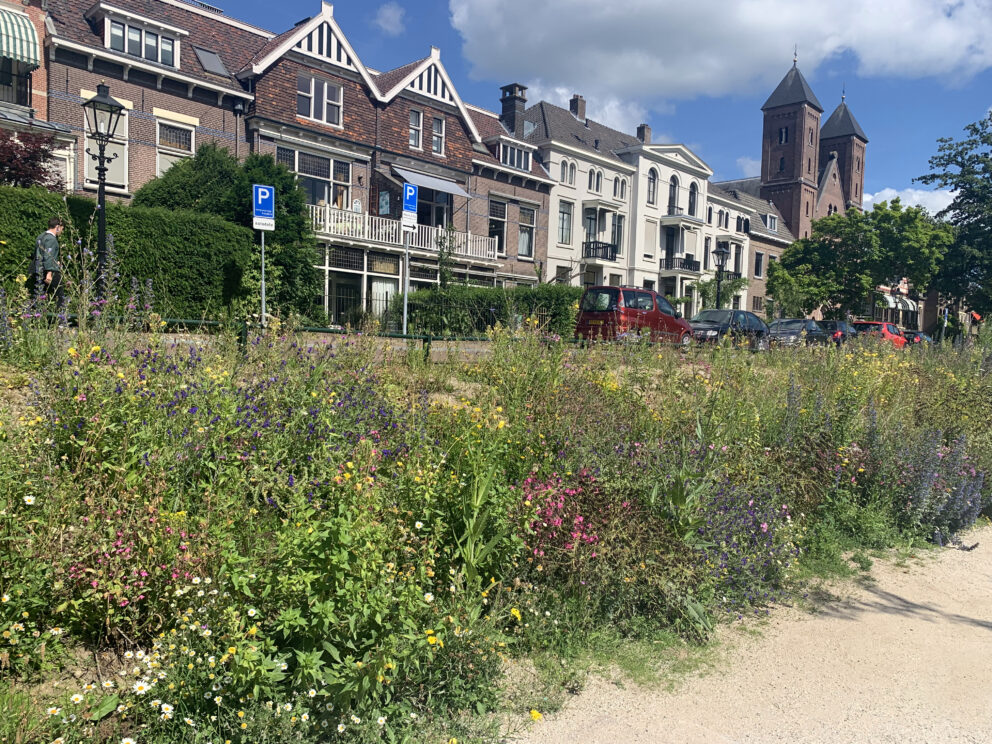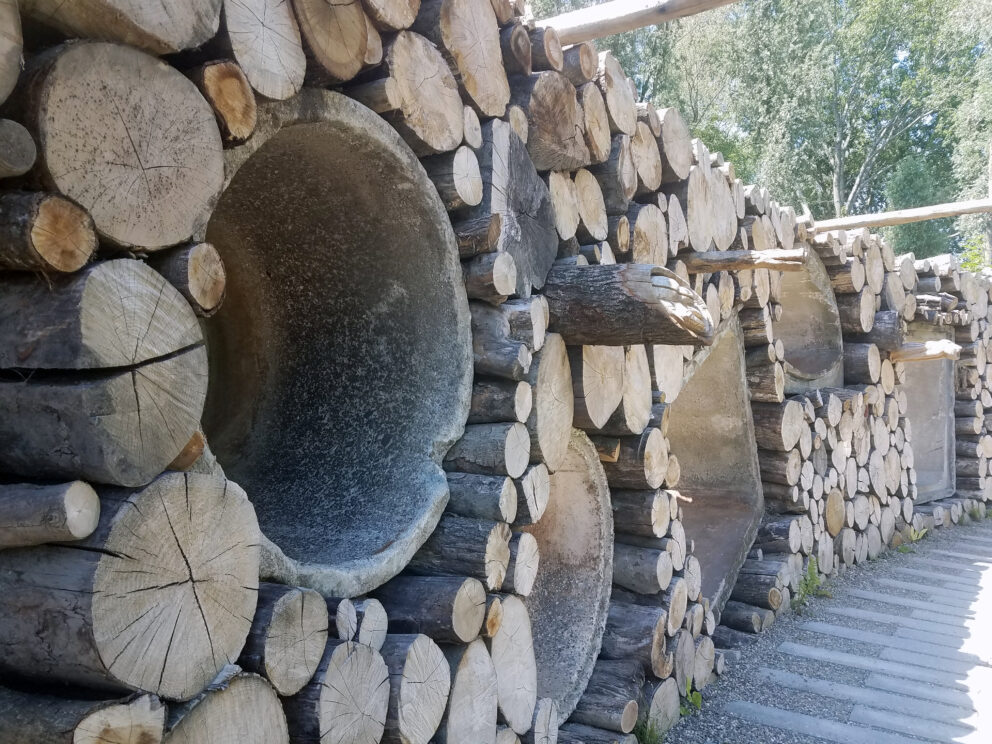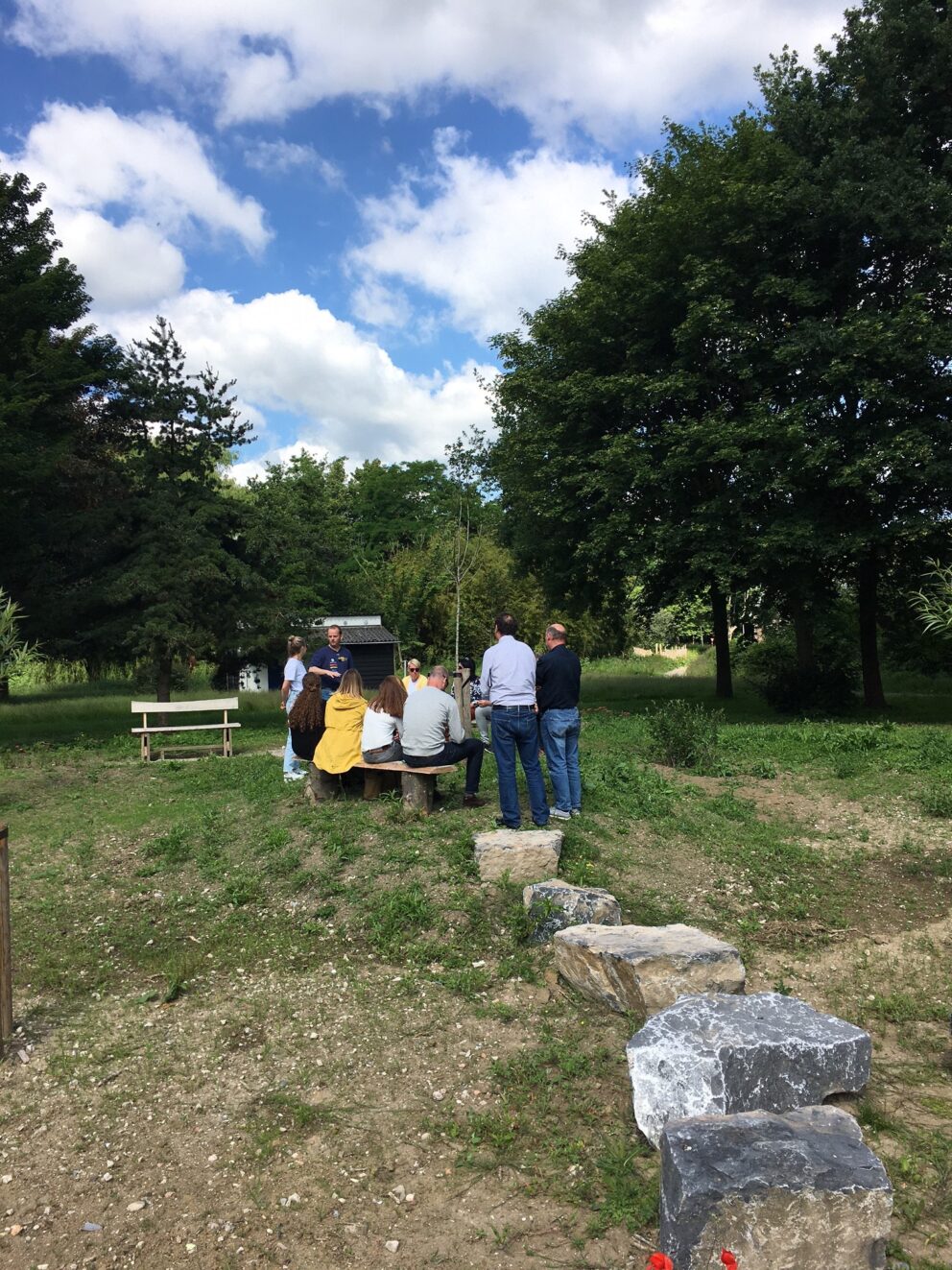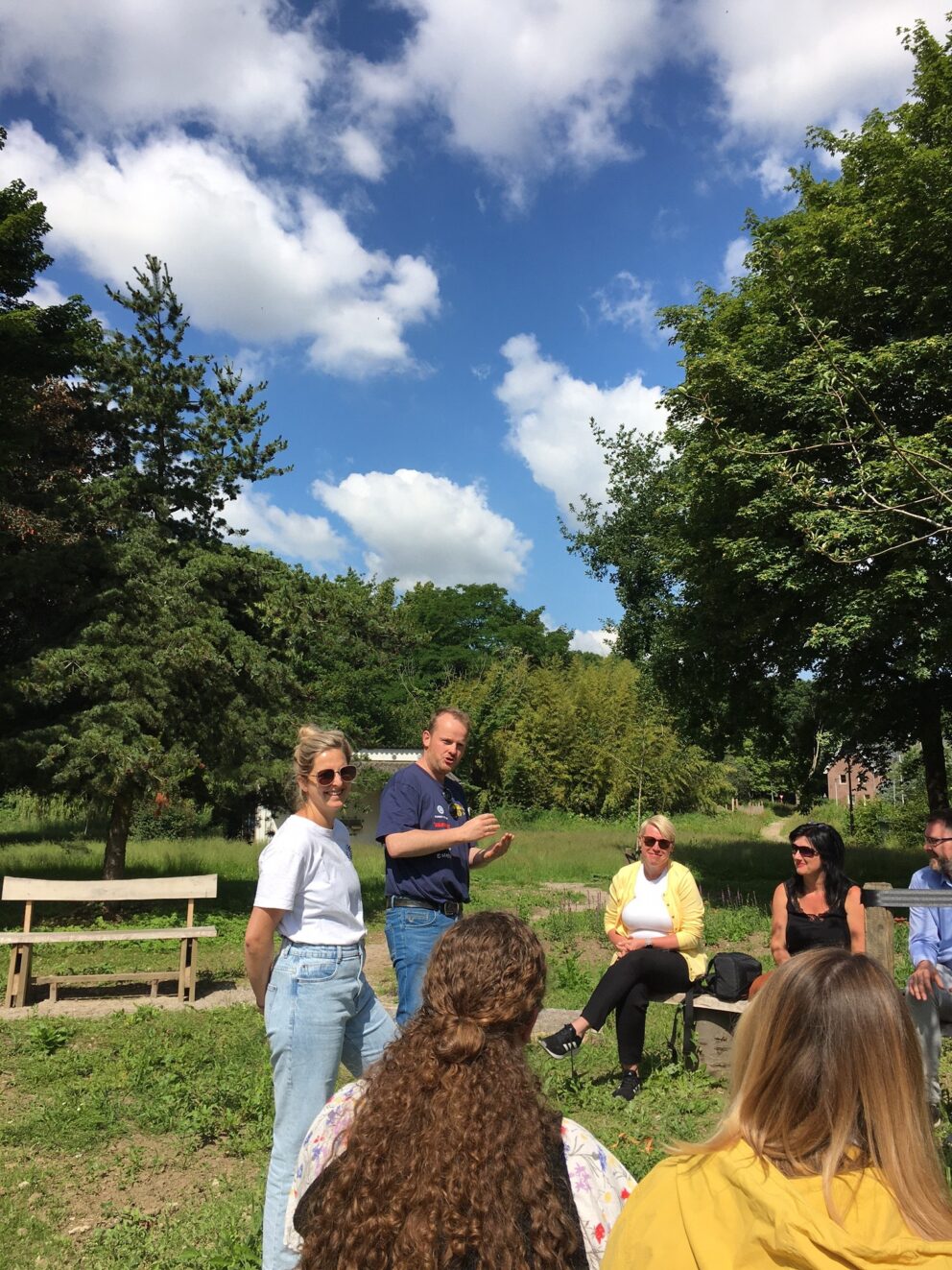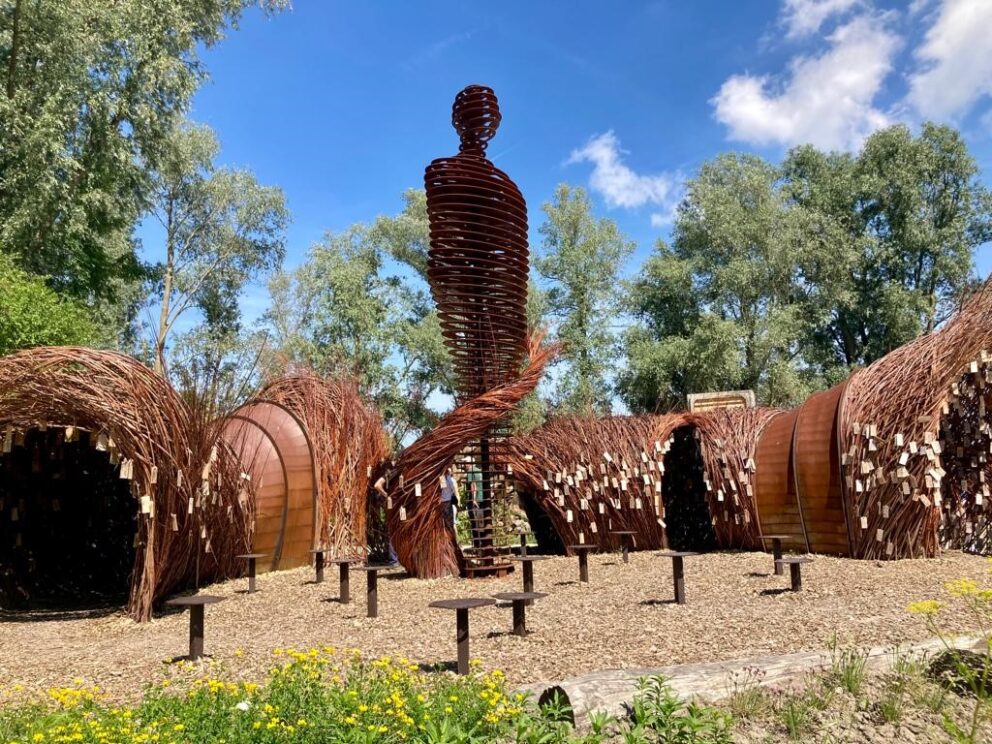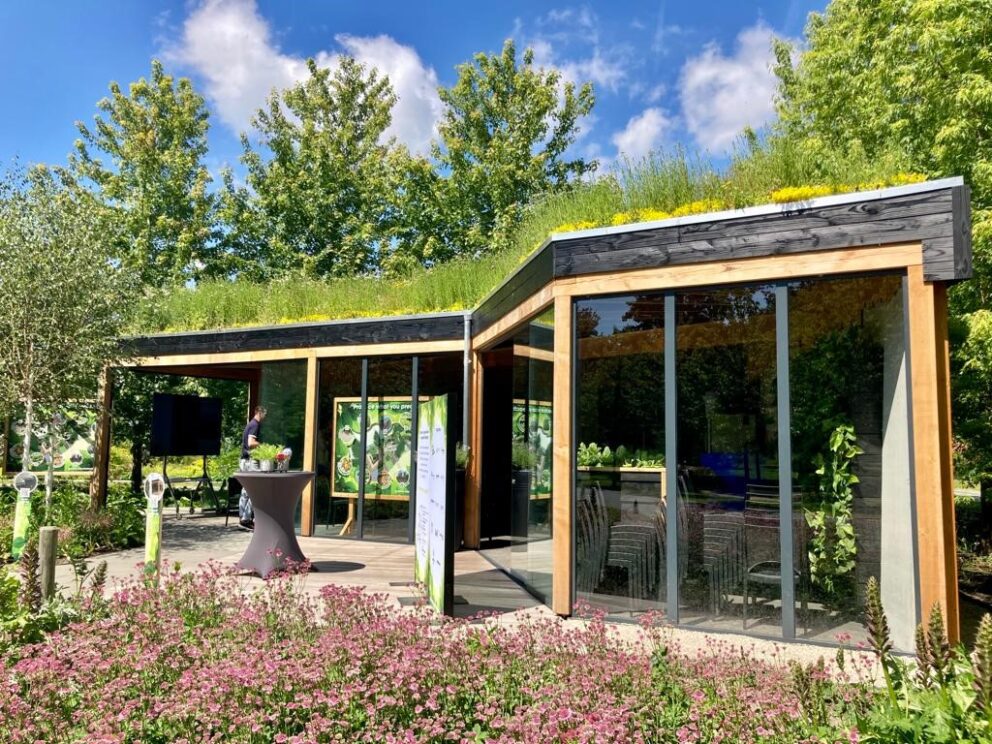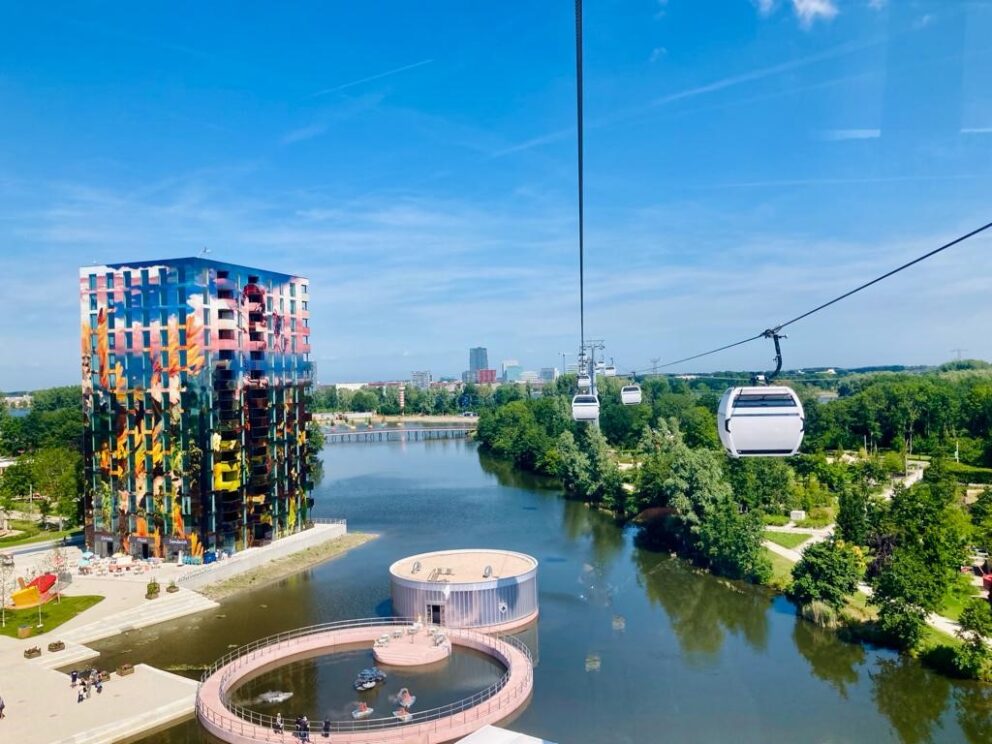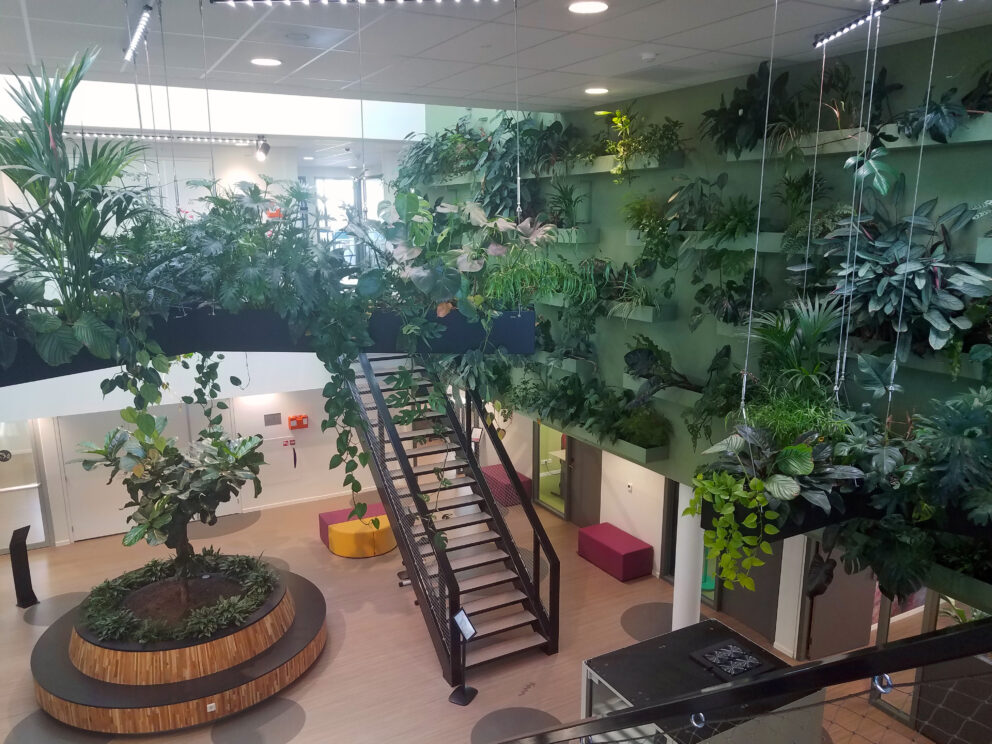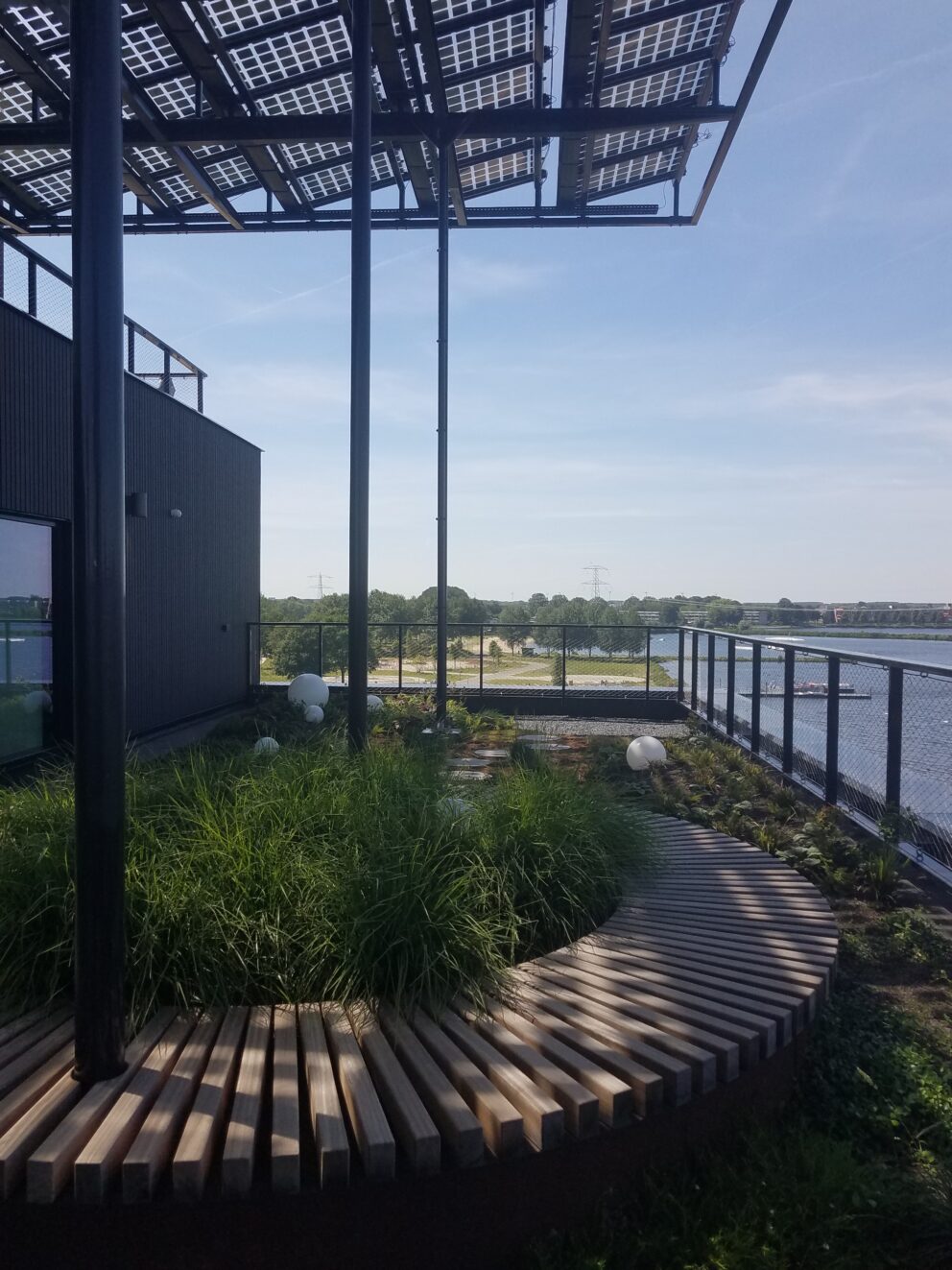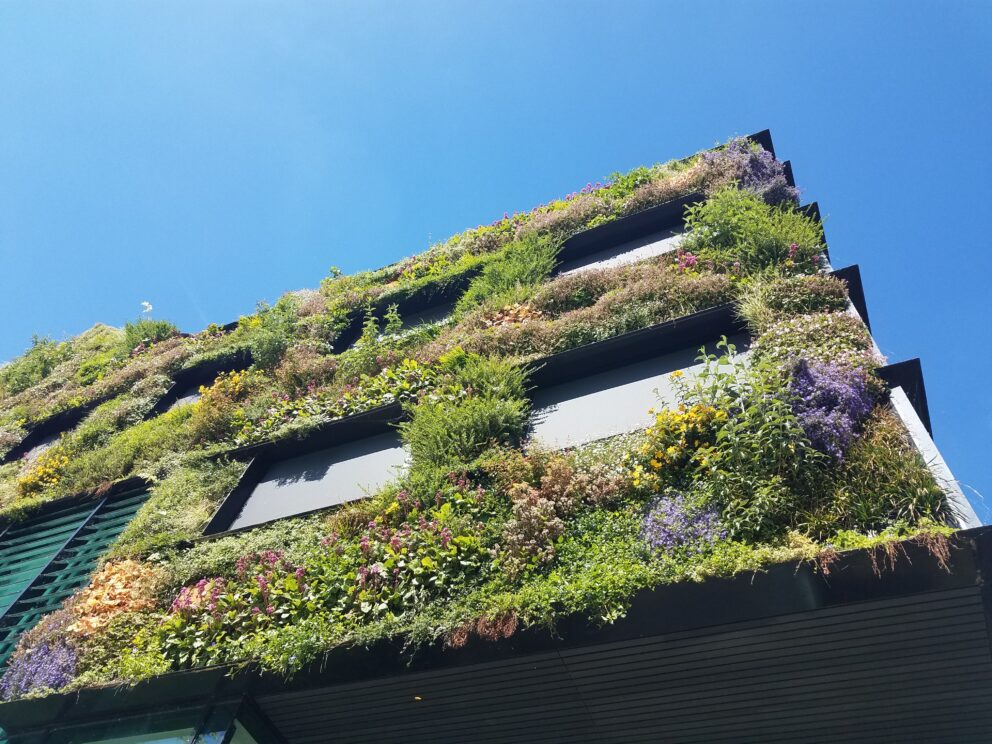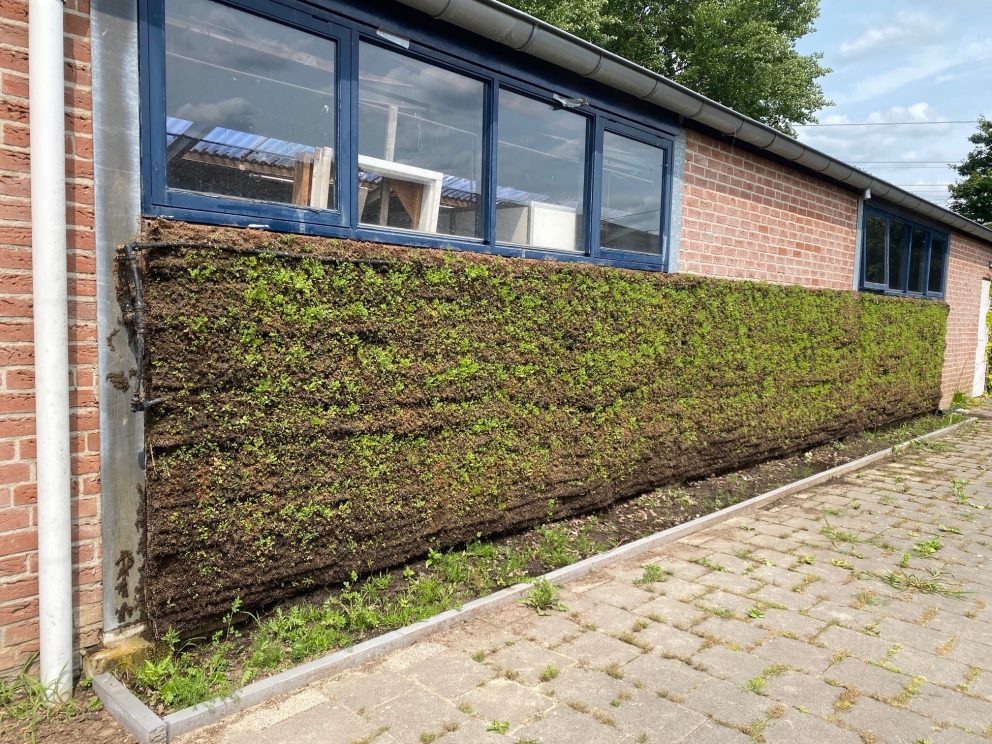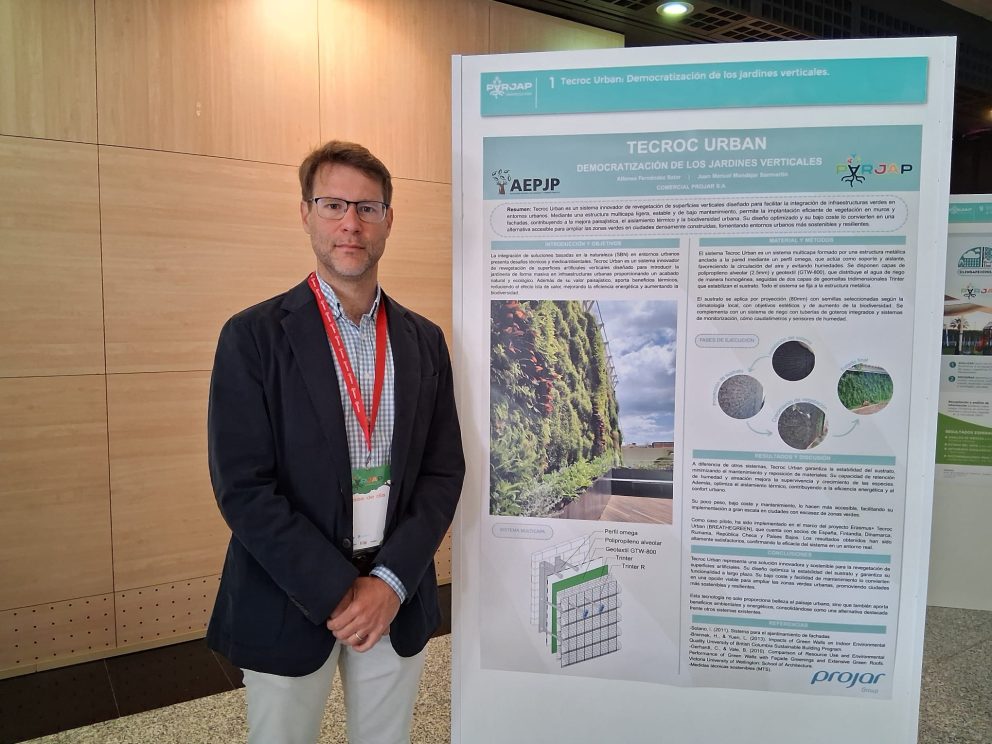From June 13 – 16 the sixth Transnational Project Meeting was held in the city of Utrecht, once again bringing together the partners of the European Platform for Urban Greening.
Now half way into the four year European-wide project, this meeting offered an opportunity to reconnect with our goals and ensure that, together, we are boosting innovation, knowledge exchange and the development of sustainable green cities in each region.
We asked ourselves:
- Are we enhancing biodiversity and sharing best practices in Urban Greening?
- Are we collaborating effectively to develop sustainable climate adaptation strategies?
- Are we having an impact on increasing well-being in our regional urban areas?
Rewilding, Maintenance and Sustainability
Throughout our time in the Netherlands, we were exposed to some exceptional examples of how the region is rewilding. During both a walking tour of Utrecht and a boat ride around the canals we saw various biodiverse community gardens and how the city has incorporated wildflowers and pollinator plants into its roadside medians and canal banks. As we toured the city we learned about their approach to the maintenance and sustainability of these Nature Based Solutions (NBS).
Honing our Innovation Agenda
Although much has already been accomplished to-date, including the development of new training and curriculum across regions and raising the profile of Urban Greening on a European-wide scale, there is more work to be done to ensure that we are pushing innovation in the sector forward. As such, we spent time honing our Innovation Agenda and the specific issues facing Urban Greening that are most pressing. Through purposed collaborations between our industry partners and CoVe organisations, over the coming year we will move ahead in key areas for innovation such as Sustainable Water Management as it relates to Urban Greening.
Day One – Royal Ginkelgroep
On the first day of our project meeting were welcomed to Royal Ginkelgroep Headquarters in Veenendaal, for a morning of roundtable discussions. Soon to celebrate the centenary of his family company, Wim van Ginkel spoke about the importance of ‘sustainable continuity’ and innovation for industries in the green sector. Highlights included a tour of their facilities, where examples of interior greening, living roofs and green facades were an inspiration to all.
Day Two – Yuverta College
On the second day of our project meeting we were hosted by Yuverta College at Yuverta Park in Houten for a day of workshops, a tour of their Green Hot Spot and an in-person look at their educational facilities. Highlighting the message that ‘We need to change our perspective and approach to nature’, we took in the some best practices and learnings from their Food Forest, recent student built Wadi (rain garden), and training methods. We even had a chance to observe student taking their practical exams, all of whom clearly demonstrated their understanding of working with nature and its natural cycles.
Day Three & Four – Floriade Expo 2022
On our final two days we visited Floriade Expo 2022, the international horticultural exhibition in Almere. Held every 10 years, the Expo showcases and celebrates the best in green and sustainable technology from around the world. We were inspired by the national pavilions, new innovations and architecture on display, and were re-invigorated by the fresh lens through which to view the future of our cities.
Living Building
The CoVE in the Netherlands is using the concept of the Living Building as guideline for further development and innovation in Urban Greening. An illustrative example was showcased at the Floriade Expo with the building of Aeres University of Applied Sciences. For this school, Royal Ginkelgroep, implemented living green on the premises around the building, green facades against the exterior walls, on top of the building with a circular tropical rooftop garden, and living green inside the building with a water-retaining cascade system on mezannine walls.
The green facade features over 11,000 plants, with 27 different indigenous species. It’s attractive for insects, butterflies and birds. The circular tropical roof with 6 trees and 2,000 plants, is much more than just a beautiful garden, research space or meeting spot for students and staff. 712 solar panels and 58 smart sensors provide solar energy and the roof contains a water buffer to irrigate all plants and trees on and in the building.
The process to make this happen, was also innovative: as landscaping company Royal Ginkelgroep was involved in the design from the start, even before the installation engineers were consulted. Congratulations to Royal Ginkelgroep for the stunning and inspiring results.
Note: Floriade will be on until October – we encourage everyone to visit.
Next PoVe Meeting
The next Transnational Project Meeting for EPLUG will be held in Denmark, September 26-29, 2022.
